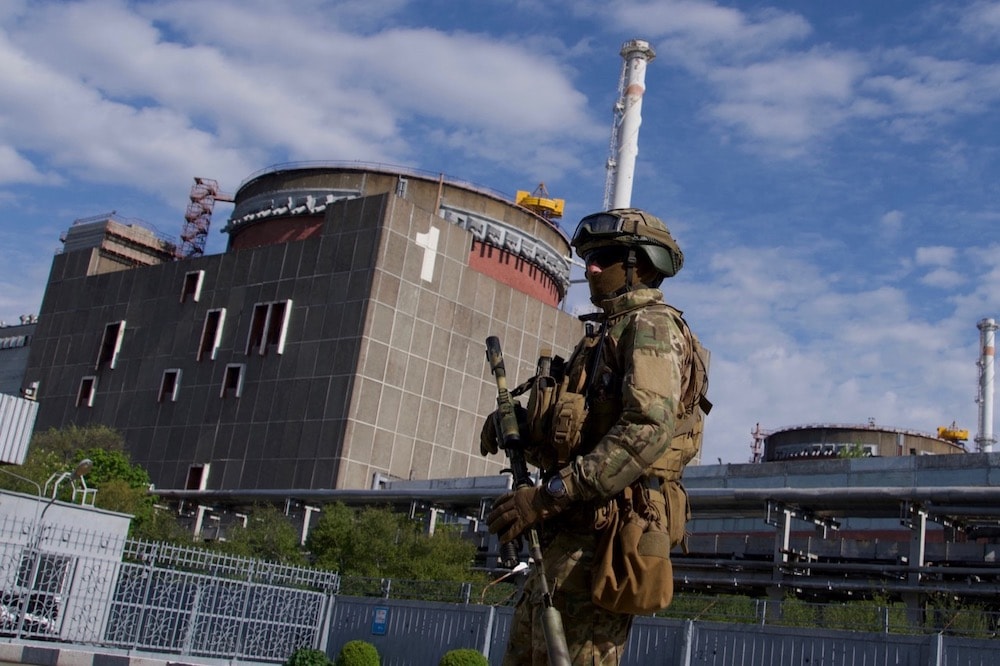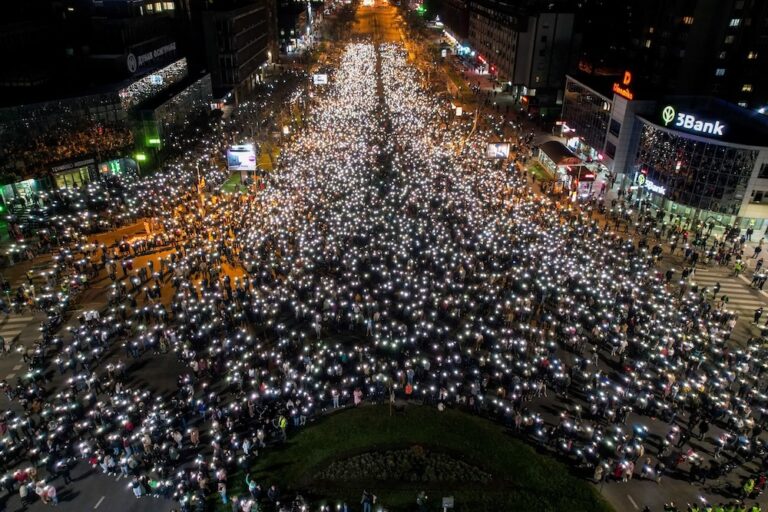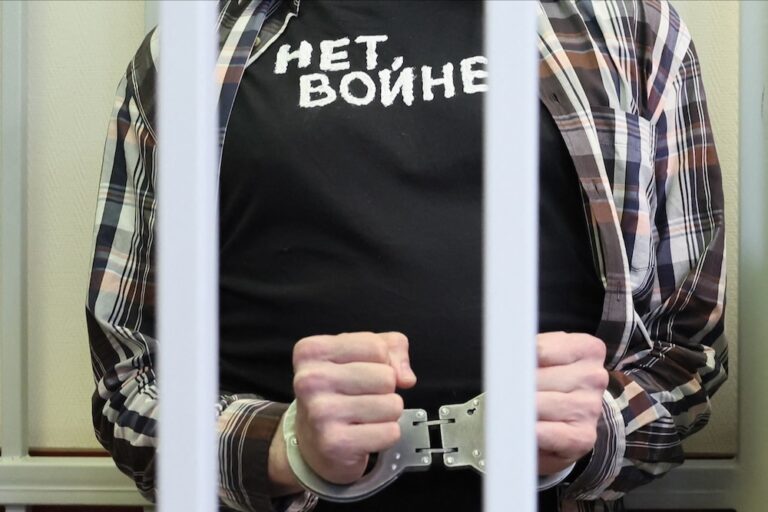A Russian court ordered the 'arrest in absentia' of journalists Ruslan Leviev and Michael Nacke over comments they made in a YouTube discussion that contradicted Russia’s official narrative about the war.
This statement was originally published on cpj.org on 24 May 2022.
Russian authorities should immediately drop all charges against exiled Russian journalists Ruslan Leviev and Michael Nacke, remove them from the wanted list, and allow independent reporting on the Russian invasion of Ukraine, the Committee to Protect Journalists said Tuesday.
On Wednesday, May 18, the Basmanny Court in Moscow ordered the arrest in absentia of Leviev, founder of the Russian independent investigative project Conflict Intelligence Team (CIT), on the charge of violating Russia’s March law outlawing the distribution of “fake” information about the military, according to news reports.
Six days later, on Tuesday, May 24, the same court issued the same arrest order for video blogger Nacke, who had featured Leviev’s journalism on his YouTube channel, on the same charge, according to news reports.
“Arrest in absentia” is a legal term used when the defendant is not in court. Both journalists had previously left Russia, reports said.
Stanislav Seleznyov, a senior partner with Setevye Svobody, a Russian freedom of expression legal assistance organization whose lawyers are representing the journalists, told CPJ via messaging app that Leviev and Nacke were both formally charged on May 4 and that the Russian interior ministry put them onto the country’s international wanted list on May 12.
“Russia’s new law outlawing ‘fake’ reporting about the Russian military is doing severe damage to what remains of the Russian independent press even outside the country,” said Gulnoza Said, CPJ’s Europe and Central Asia program coordinator. “Russian authorities must immediately drop all charges against Ruslan Leviev and Michael Nacke and let journalists report freely on the war.”
According to news reports, the court issued orders saying that Leviev and Nacke would be detained for two months from the moment of their future arrests, pending investigations into the charges. If Leviev and Nacke are found guilty, they could face up to 10 years in prison each, according to the relevant section of the law.
The charges against both journalists stem from a video posted by Nacke on his YouTube channel on March 5, in which Nacke and Leviev discussed the March 4 Russian shelling of the Zaporizhzhia nuclear power plant in southeastern Ukraine, according to the Telegram channel of Setevye Svobody. (The organization has access to court documents because of its lawyers’ work on the journalists’ cases, Seleznyov told CPJ.)
According to Setevye Svobody’s Telegram post, the investigator found that elements of the March 5 video contradicted Russia’s official narrative about the war. Nacke referred to the Russian invasion of Ukraine as a “war” and not a “special operation,” the government-approved term for the conflict, and Leviev said Russian claims that Ukrainians attacked the power plant were “delusional.”
The investigator claimed that Leviev and Nacke “conspired to establish a negative public attitude towards the Russian army and to convince their audience of the use of the Russian military against civilians and for the destruction of civilian infrastructure in Ukraine,” Setevye Svobody’s Telegram channel reported. The channel specified that the case was handled by an investigator in charge of high-profile cases from the Russian Investigative Committee’s department for investigation of cybercrimes and high-tech related crimes.
In a video published on his YouTube channel on May 18, Nacke said that he learned about the criminal case from news reports and did not receive official notification of the charges; he also said that he left Russia two years ago and did not plan to go back.
In an interview Leviev gave to Latvia-based independent news website Meduza, he said that he left Russia on March 3, and that Russian security services, the FSB, came to his apartment on March 4 and warned his girlfriend that they would arrest him if he returned. CPJ emailed the FSB but did not immediately receive any reply.
CPJ wrote to Nacke via messaging app and to Leviev via social media but did not receive any replies. CPJ also contacted Leviev’s investigative project, CIT, via messaging app but did not receive a reply.
In a separate incident, on May 23, Russian state media regulator Roskomnadzor charged both Yevgenia Albats, editor-in-chief of the independent news outlet The New Times, and the company to which the site is registered, for disseminating “fakes” about the Russian military, according to news reports.
Albats faces a fine of up to 400,000 rubles (US$6,820); her company faces a fine of up to 1,000,000 rubles (US$17,050) according to the administrative code.
The charges stem from two articles about the Russian invasion of Ukraine published by The New Times on February 24, the first day of the war, those reports said. Both articles were removed from the website in late February after Roskomnadzor demanded their removal. On February 28, Roskomnadzor blocked The News Times website, news reports said.
“Media legislation does not permit abuse of freedom of the media and imposes administrative liability for publishing materials containing false information of public importance, even if the media editorial board removes such materials,” Roskomnadzor told the Russian state-run news agency Interfax on May 23 about its decision to block the website of The New Times after the removals.
“Those charges are part of doing honest journalism in today’s Russia. I know the risks involved. I intend to keep reporting the truth as long as I can”, Albats told CPJ via email.
CPJ emailed the Russian Investigative Committee for the Moscow region and the Rozkomnadzor press office but did not immediately receive replies. CPJ was unable to contact the Russian interior ministry for comment, as its website did not load.



